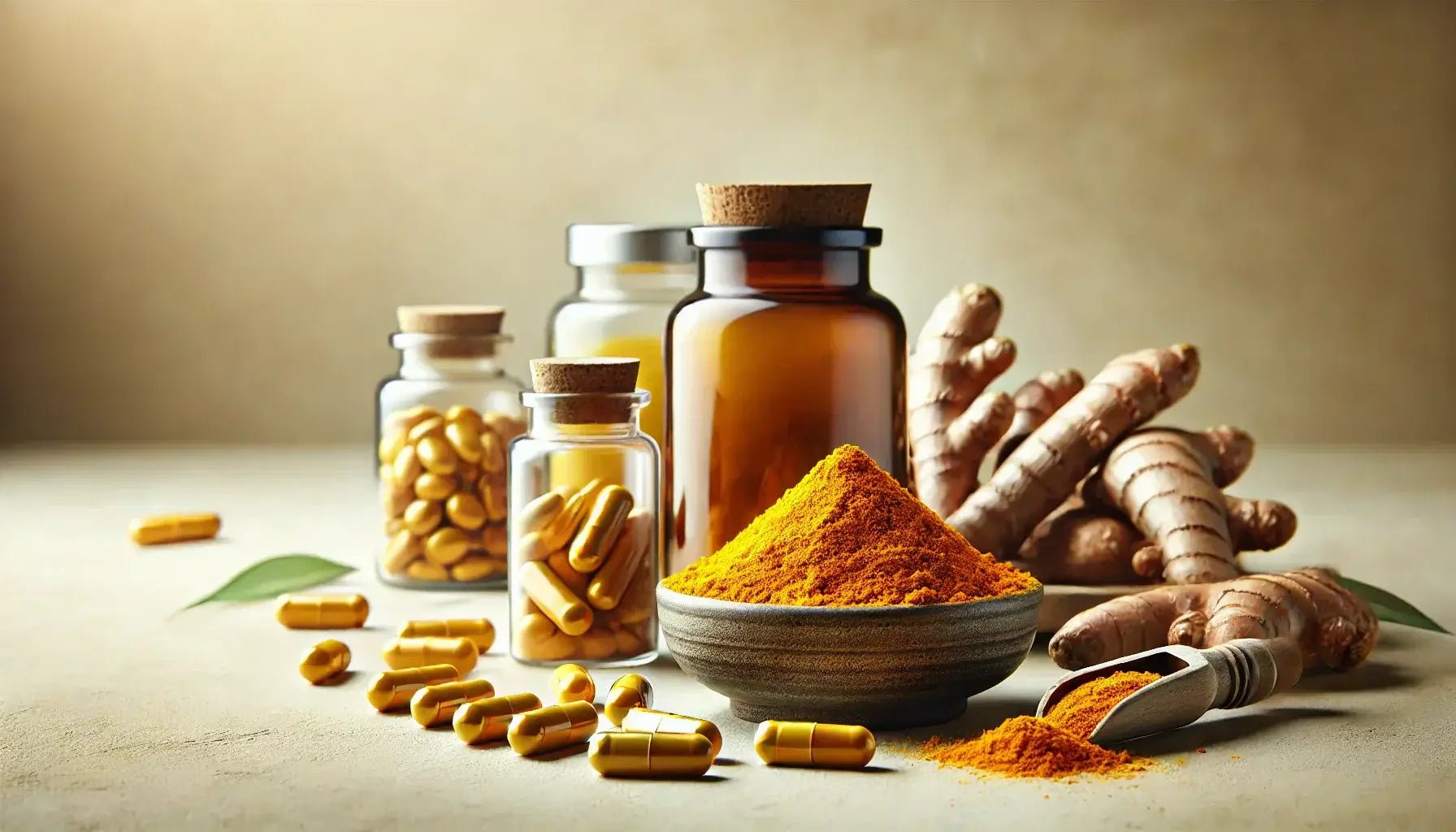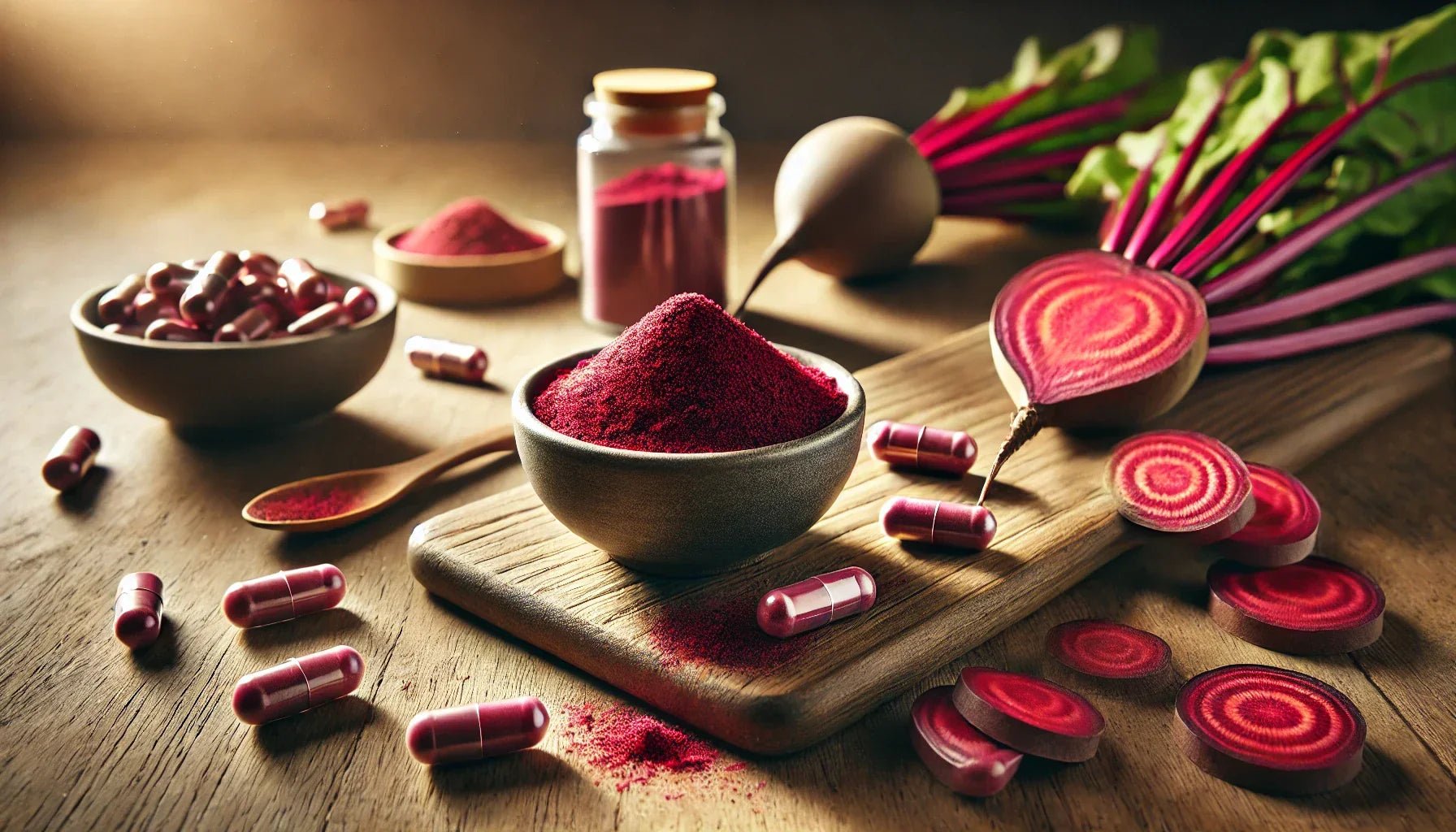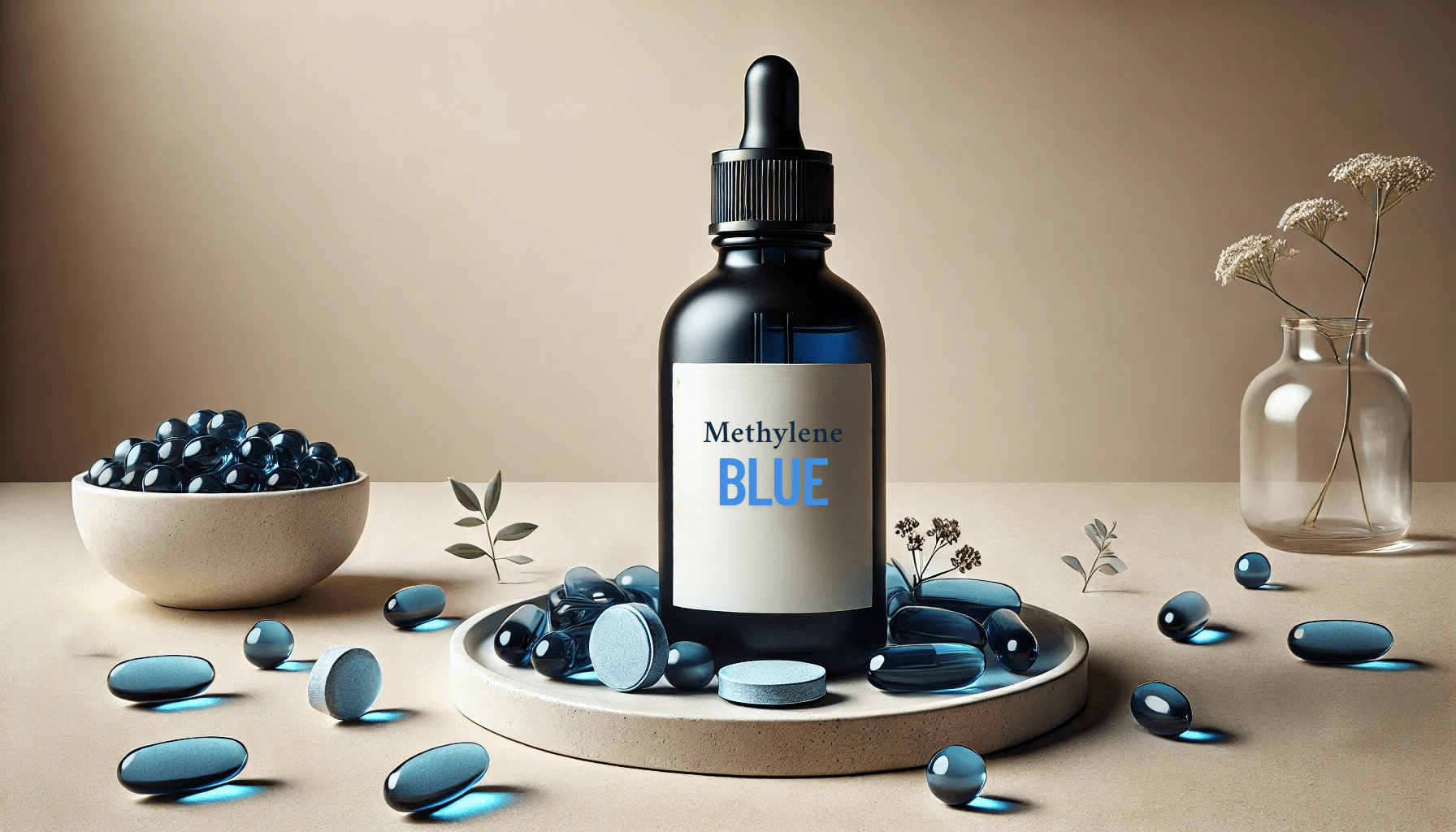Turmeric Curcumin supplements have taken the health and wellness world by storm. From social media buzz to glowing reviews on e-commerce platforms, it seems everyone is talking about this golden superfood. But what exactly is turmeric curcumin, why is it so popular, and what does the science really say about its benefits? In this ultimate guide, we’ll explore everything you need to know about turmeric curcumin supplements—how they work, what to look for, the most exciting research, and why they’re among the most searched-for supplements today.
What is Turmeric Curcumin?
Turmeric is a vibrant, golden-orange spice derived from the root of the Curcuma longa plant, a relative of ginger. Used for centuries in Indian and Asian cuisine, turmeric is also a cornerstone of Ayurvedic and traditional Chinese medicine. The secret behind turmeric’s health benefits lies in its active compound, curcumin—a powerful polyphenol responsible for most of turmeric’s antioxidant and anti-inflammatory properties.
While turmeric root contains only about 2-8% curcumin by weight, turmeric supplements are often standardized to provide much higher concentrations of curcumin for maximum potency.
Why Are Turmeric Curcumin Supplements So Popular?
A quick look at Google Trends and supplement keyword research reveals that “turmeric supplements,” “curcumin capsules,” and “best turmeric supplement” are among the most searched-for terms in the wellness space[4]. Why? Because modern science is catching up with ancient wisdom, confirming turmeric’s remarkable benefits for joint health, inflammation, immunity, skin, heart health, and more[2][5][7]. People are increasingly seeking natural solutions for chronic inflammation, pain, and overall wellness—making turmeric curcumin a go-to choice.
Top Science-Backed Benefits of Turmeric Curcumin Supplements
1. Potent Anti-Inflammatory Power
Chronic inflammation is at the root of many modern diseases, including arthritis, heart disease, diabetes, and even some cancers. Curcumin, the star compound in turmeric, is a natural anti-inflammatory that works by blocking key molecules involved in the inflammatory process[2][5]. Studies show that curcumin can suppress NF-κB, a protein complex that triggers inflammation at the cellular level. For those seeking relief from joint pain, muscle soreness, or inflammatory conditions, turmeric curcumin is an appealing, plant-based option.
2. Powerful Antioxidant Support
Oxidative stress—caused by free radicals from pollution, stress, and poor diet—can damage cells and accelerate aging. Turmeric is loaded with phytonutrients and curcumin, which act as potent antioxidants. These compounds neutralize free radicals and help shield the body’s cells from damage, supporting healthy aging and reducing the risk of chronic disease[2][5].
3. Joint Health and Mobility
One of the most popular reasons people turn to turmeric curcumin supplements is for joint comfort. Research suggests that curcumin can help reduce pain and improve function in people with osteoarthritis and rheumatoid arthritis[2][5][7]. In some studies, turmeric extracts performed as well as over-the-counter pain relievers like ibuprofen for reducing joint pain—without the harsh side effects. Many users report less stiffness, improved mobility, and a greater ability to stay active.
4. Supports Heart Health
Turmeric curcumin’s anti-inflammatory and antioxidant effects extend to the cardiovascular system. Some research indicates that curcumin may help lower LDL (“bad”) cholesterol and triglycerides, while supporting healthy blood pressure and improving blood vessel function[5][7]. By reducing inflammation and oxidative stress, turmeric may help protect the heart and arteries from damage.
5. May Aid Digestion and Gut Health
Turmeric has long been used in traditional medicine to soothe digestive complaints. Modern research suggests that curcumin may help improve digestion by stimulating bile production, supporting gut flora, and reducing symptoms of indigestion and bloating[5][7]. Some studies even show turmeric may help prevent ulcers and support gut barrier integrity, making it a useful supplement for those with sensitive stomachs.
6. Brain Health and Mood Support
Curcumin’s benefits aren’t limited to the body—it also supports the brain. Early research suggests curcumin can cross the blood-brain barrier, where it may help reduce neuroinflammation and protect brain cells from oxidative damage. Some studies indicate curcumin may support cognitive function, memory, and even mood, with promising results in managing symptoms of depression and anxiety[2][5][7].
7. Skin Health and Radiance
Inflammation and oxidative stress are major contributors to skin aging and common conditions like acne, eczema, and psoriasis. Turmeric’s anti-inflammatory and antioxidant properties help soothe the skin, reduce redness, and support a healthy, glowing complexion. Some users even apply turmeric topically (in masks or creams) to enhance skin clarity and tone.
8. Immune System Support
Turmeric curcumin can help modulate the immune system, supporting the body’s natural defenses against infections and illness. Its ability to reduce inflammation and oxidative stress makes it a valuable ally during cold and flu season, or for anyone seeking to bolster their immune resilience[2][5].
9. May Support Weight Management
A growing body of research suggests that curcumin may aid weight management by influencing fat metabolism, reducing inflammation, and supporting healthy blood sugar levels[5]. Some studies have found that turmeric curcumin supplementation can help reduce body weight, BMI, and waist circumference, especially when combined with a balanced diet and exercise.
10. May Provide Allergy and Asthma Relief
Curcumin’s anti-inflammatory effects may also benefit those with allergies or asthma. Some studies show that turmeric can help reduce symptoms of allergic rhinitis (hay fever) and improve lung function in people with asthma[5][7].
How Turmeric Curcumin Works in the Body
Curcumin, the main active compound in turmeric, works on multiple pathways in the body. It:
- Blocks molecules that trigger inflammation (like NF-κB and COX-2)
- Neutralizes free radicals and boosts the body’s own antioxidant enzymes
- Supports healthy gene expression and cellular repair
- Improves blood flow and supports endothelial (blood vessel) function
- Modulates immune system activity
This multi-targeted action is why turmeric curcumin is studied for such a wide range of health benefits.
Turmeric vs. Curcumin: What’s the Difference?
While the terms are often used interchangeably, there’s a key distinction:
- Turmeric: The whole root (or powder) from the Curcuma longa plant, containing many beneficial compounds.
- Curcumin: The most active and studied polyphenol in turmeric, responsible for its vibrant color and most of its health benefits.
Most turmeric supplements are standardized to contain a high percentage of curcumin, maximizing their potency and effectiveness.
Why Bioavailability Matters: The Black Pepper Connection
One challenge with curcumin is that it’s not easily absorbed by the body on its own. To overcome this, many high-quality turmeric supplements include black pepper extract (piperine), which can boost curcumin absorption by up to 2,000%[3][6]. Some formulas also use ginger, long pepper, or advanced delivery systems (like liposomes or micelles) to further enhance bioavailability.
Choosing the Best Turmeric Curcumin Supplement
With so many turmeric supplements on the market, how do you choose the right one? Here’s what to look for:
- Standardized curcumin content: Look for products that specify the amount of curcumin per serving.
- Bioavailability boosters: Black pepper extract (piperine), ginger, or advanced delivery systems.
- Third-party testing: Ensures purity, potency, and absence of contaminants.
- Minimal fillers and additives: Choose clean formulas with no unnecessary ingredients.
- Form: Turmeric supplements come in capsules, tablets, powders, and even liquid extracts. Pick what fits your lifestyle.
- Reputable brand: Choose brands with transparent sourcing and manufacturing practices.
Frequently Searched Questions About Turmeric Curcumin
Is Turmeric Curcumin Good for Inflammation?
Yes, turmeric curcumin is one of the most popular natural supplements for managing inflammation. Its ability to block inflammatory pathways and support the body’s natural healing response makes it a top choice for joint pain, muscle soreness, and chronic inflammatory conditions.
Can Turmeric Curcumin Help With Joint Pain?
Many people take turmeric curcumin supplements to relieve joint pain and stiffness, especially from osteoarthritis or rheumatoid arthritis. Research shows that curcumin can be as effective as some over-the-counter pain relievers for reducing joint discomfort, with fewer side effects.
Does Turmeric Curcumin Support Heart Health?
Turmeric’s anti-inflammatory and antioxidant effects help protect the heart and blood vessels. Some studies suggest curcumin can lower LDL cholesterol, reduce triglycerides, and support healthy blood pressure.
Is Turmeric Curcumin Good for Digestion?
Turmeric has a long history of use for digestive health. Curcumin may help support bile production, soothe indigestion, and maintain gut barrier integrity. It’s also being studied for its potential to relieve symptoms of irritable bowel syndrome (IBS) and other digestive complaints.
Can Turmeric Curcumin Improve Mood?
Emerging research suggests that curcumin may support brain health and mood. Some studies have found curcumin can help reduce symptoms of depression and anxiety, likely due to its anti-inflammatory and neuroprotective effects.
Is Turmeric Curcumin Safe?
Turmeric curcumin supplements are generally safe for most people when used as directed. However, it’s always wise to consult your healthcare provider before starting any new supplement, especially if you have underlying health conditions or take medications.
How Should I Take Turmeric Curcumin?
Turmeric supplements are available in capsules, tablets, powders, and liquid extracts. For best absorption, look for products with black pepper extract or take turmeric with a meal containing healthy fats. Always follow the manufacturer’s instructions and consult your physician if you have questions.
Can Turmeric Curcumin Help With Weight Loss?
Some research suggests that curcumin may support weight management by influencing fat metabolism and reducing inflammation. While not a magic bullet, turmeric can be a helpful addition to a balanced diet and active lifestyle.
Turmeric Curcumin in Traditional and Modern Wellness
Turmeric has been used for thousands of years in Ayurvedic and traditional Chinese medicine to treat a wide range of ailments—from digestive issues and joint pain to skin conditions and infections. Today, modern science is validating many of these traditional uses, making turmeric curcumin one of the most versatile and trusted supplements available.
Turmeric Curcumin for Skin and Beauty
Turmeric’s benefits extend beyond internal health. Its antioxidant and anti-inflammatory properties make it a popular ingredient in natural skincare. Turmeric masks and creams are used to brighten skin, reduce redness, and even out skin tone. Some people also use turmeric topically for acne, eczema, and psoriasis.
Turmeric Curcumin for Athletes and Active Lifestyles
Athletes and fitness enthusiasts are increasingly turning to turmeric curcumin for its ability to reduce muscle soreness, speed recovery, and support joint health. Its natural anti-inflammatory action makes it a smart choice for anyone with an active lifestyle.
Turmeric Curcumin and Immune Health
In an age where immune resilience is more important than ever, turmeric curcumin stands out as a powerful ally. Its ability to modulate immune function, reduce inflammation, and protect cells from oxidative stress makes it a valuable supplement for year-round wellness.
How to Add Turmeric Curcumin to Your Routine
Adding turmeric curcumin to your daily routine is easy. Here are some popular ways to enjoy its benefits:
- Supplements: Capsules, tablets, powders, and liquid extracts are convenient and potent.
- Golden milk: A soothing blend of turmeric, milk (or plant milk), black pepper, and spices—perfect for winding down at night.
- Smoothies: Add a scoop of turmeric powder to your morning smoothie for an antioxidant boost.
- Cooking: Use turmeric powder in curries, soups, rice, and roasted vegetables for flavor and color.
- Topical use: Try turmeric masks or creams for skin health and radiance.
What to Look For in a High-Quality Turmeric Curcumin Supplement
With so many options on the market, it’s important to choose a supplement that delivers real results. Here’s what to consider:
- Standardized curcumin content: Look for supplements that specify the amount of curcumin per serving.
- Bioavailability enhancers: Black pepper extract (piperine), ginger, or advanced delivery systems.
- Third-party testing: Ensures quality, potency, and safety.
- Minimal fillers and additives: Choose clean, simple formulas.
- Trusted brand: Buy from reputable companies with transparent sourcing and manufacturing practices.
Potential Side Effects and Safety Considerations
Turmeric curcumin is generally safe for most people, but some may experience mild side effects such as digestive upset or allergic reactions. People with gallbladder disease, bleeding disorders, or those taking blood thinners should consult their doctor before using turmeric supplements. Pregnant and breastfeeding women should also seek medical advice before starting any new supplement.
Frequently Asked Questions (FAQ) About Turmeric Curcumin Supplements
Is turmeric curcumin safe for daily use?
For most people, turmeric curcumin is safe for daily use when taken as directed. However, always consult your healthcare provider before starting any new supplement.
Can turmeric curcumin interact with medications?
Yes, turmeric curcumin may interact with certain medications, especially blood thinners and diabetes medications. Consult your doctor if you are taking prescription drugs.
Is turmeric curcumin suitable for vegetarians and vegans?
Most turmeric supplements are suitable for vegetarians and vegans, but always check the label for animal-derived ingredients in capsules or additives.
Can I take turmeric curcumin with other supplements?
Turmeric curcumin pairs well with many other supplements, but always check with your healthcare provider to avoid potential interactions.
What’s the best way to store turmeric curcumin supplements?
Store supplements in a cool, dry place away from direct sunlight to preserve potency and freshness.
Turmeric Curcumin: A Golden Opportunity for Better Health
Turmeric curcumin supplements have earned their place as one of the most popular and trusted natural remedies for inflammation, joint health, immunity, and more. Backed by centuries of traditional use and a growing body of scientific research, turmeric curcumin is a golden key to whole-body wellness.
Whether you’re seeking relief from joint pain, support for heart and brain health, or simply want to add more antioxidants to your routine, turmeric curcumin is a safe, effective, and versatile option. Choose a high-quality supplement, add turmeric to your favorite recipes, and discover the many ways this ancient root can support your modern health journey.










